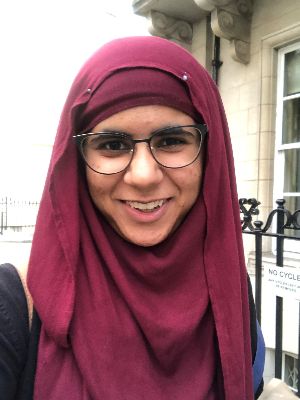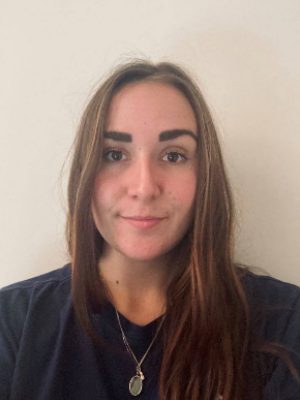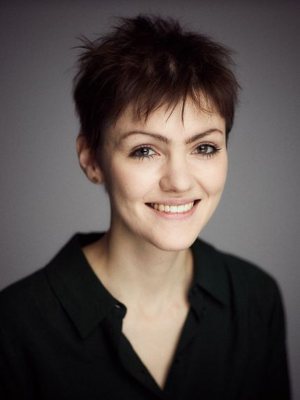ROAR Fellows Programme
The ROAR Fellows Programme will provide weekly advanced level training in the ROAR Facility over a period of 6 months to a small group of doctoral and post-doctoral students. Training will be tailored to accelerate the Fellows to power users of the ROAR equipment, and Fellows will be encouraged to use their new skills to act as ambassadors for ROAR in their research groups.
ROAR Fellows will receive:
- Weekly 2-hour advanced ROAR training sessions over six months (50 hours total)
- Power user access to ROAR equipment (upon completion of necessary training)
- Up to ten days of free instrument access to complete their ROAR case study
- Access to additional training and equipment testing opportunities in ROAR
ROAR Fellows are expected to support other ROAR users by actively participating in the ROAR User Group on Teams and supporting other users from their research groups. Fellows will also complete a short case study during their training to enhance their own research.
2022 ROAR Fellows
 Aatikah Majid
Aatikah Majid
Aatikah joined Imperial College in October 2019 as part of an MRes/PhD program from the Centre for Doctoral Training in Next Generation Synthesis and Reaction Technology (React CDT). Her project aims to use high-throughput synthesis and screening to develop optical probes for G-quadruplex DNA.
Supervisors
 Annabel Basford
Annabel Basford
Annabel joined Imperial in October 2020 as part of the React CDT PhD programme. Her project, ‘Automating Reaction Condition Prediction for Supramolecular Assemblies,’ focuses around high-throughput experimentation, robotic automation and computational modelling for the accelerated discovery of porous organic materials.
Supervisors
 Dr Janine Gray
Dr Janine Gray
Janine is a postdoctoral researcher in Professor Ed Tate’s group specialising in chemical biology and medicinal chemistry. Her current research involves the identification of novel compounds to resensitise antibiotic resistant bacteria to existing therapeutics.
Supervisor
 Dr Tim Kench
Dr Tim Kench
Tim is a Research Associate in the Vilar group, where he works on the high-throughput synthesis of metal complexes which target DNA and RNA secondary structures, with the aim of developing new imaging and therapeutic applications. His wider research interests include supramolecular and bioinorganic chemistry.
Supervisor
 Molly Bartlett
Molly Bartlett
Molly is a PhD student on the EPSRC Next Generation Synthesis & Reaction Technology CDT working within the Vilar group. Her project involves the use of automation and machine learning in the discovery of new DNA binding metal complexes. This will be achieved using the ROAR facilities to automate the synthesis and screening of a diverse set of metal complexes to generate large volumes of binding data which will then be interpreted using machine learning techniques.
Supervisors
 Zhijie Fan
Zhijie Fan
Fan joins Tom Welton’s group as a PhD student at Imperial College after postgraduate research supervised by Professor Mimi Hii. His research interests are the synthesis of ionic liquids and their development for automated synthesis. Two dialkyl imidazolium precursors, including [C2C1im-CO2] and [C2C1im][OH], for ionic liquid synthesis are being investigated. Synthetic methods for these two precursors are believed to meet the requirement of high-throughput synthesis, which may benefit the property and structure relationship study.


